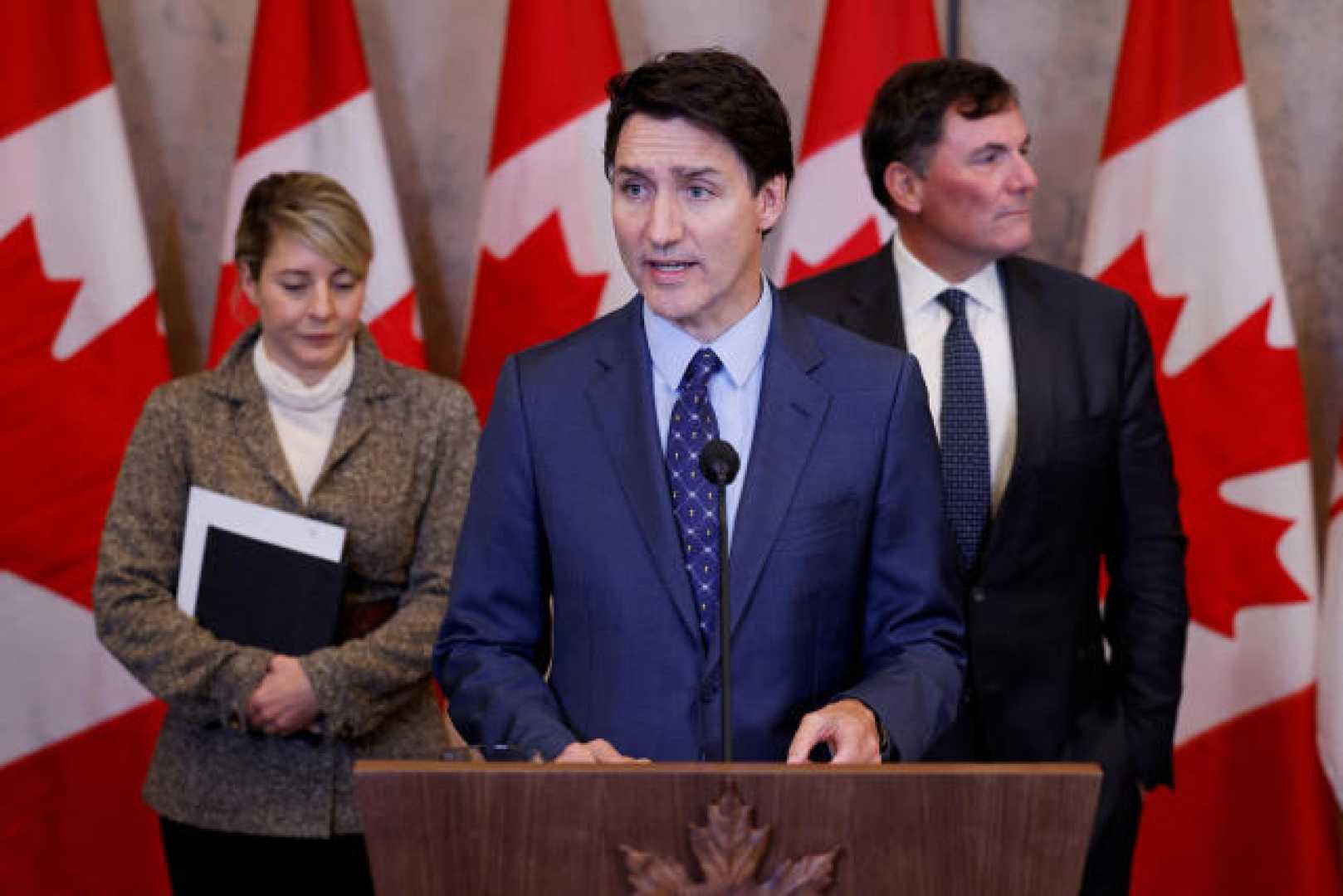News
Canada and India in Diplomatic Conflict Over Sikh Activist’s Murder

Canada’s Prime Minister, Justin Trudeau, has alleged that India committed a “horrific mistake” by violating Canadian sovereignty, amidst escalating diplomatic tensions between the two countries. The conflict arises from the murder of a Sikh separatist in British Columbia and allegations from Canada of a broader campaign of intimidation and violence against Indian exiles within its borders.
During his testimony at a public inquiry into foreign interference, Trudeau accused India of rejecting cooperative efforts and intensifying the increasingly bitter feud leading to a mutual expulsion of senior diplomats. “We are not looking to provoke or create a fight with India,” Trudeau stated, asserting that the Indian government had deeply interfered in Canada’s national sovereignty, thereby threatening the safety of its citizens.
Trudeau emphasized Canada’s desire to maintain its important relationship with India but cited “ever clearer indications” since last June that India’s actions violated Canadian sovereignty. His assertions included that highly classified intelligence implicated members of the opposition Conservative Party in involvement or susceptibility to foreign interference.
Responses from India have been dismissive of the allegations. A spokesperson for India’s Ministry of External Affairs labelled Canada’s claims “ludicrous” and accused Trudeau of damaging bilateral relations. “Canada has presented us no evidence whatsoever,” the spokesperson said, adding that the responsibility for deteriorating relations rests solely with Prime Minister Trudeau.
The Royal Canadian Mounted Police (RCMP) highlighted the necessity for public safety in its decision to release this information, pointing to a series of violent incidents linked to a criminal network allegedly targeting Sikh dissidents in Canada. This included serious offenses such as drive-by shootings and murder.
This diplomatic strife notably surfaced during the 2023 G20 summit in New Delhi, where Canadian authorities initially flagged concerns to India about its security agencies’ potential involvement in the said killing, an issue that Indian Prime Minister Narendra Modi reportedly urged Trudeau to mitigate by addressing Sikh separatists more firmly.
Since the revelations, the diplomatic rift has escalated with Ottawa expelling six senior Indian diplomats, to which India retaliated by expelling an equal number of Canadian diplomats. Canada is attempting to rally allied nations to condemn India’s supposed actions, but such efforts have shown mixed results.
Earlier, after conversations between Trudeau and UK Prime Minister Keir Starmer, the British Foreign Office expressed trust in Canada’s legal process and stated that India’s cooperation was essential. Meanwhile, the U.S. has reiterated India’s lack of cooperation with Canadian investigations while addressing concerns over a separate case involving Gurpatwant Singh Pannun.
Within Canada, Trudeau warned of potential foreign interference involving Conservative Party members, an assertion contested by the party’s leader, Pierre Poilievre. The latter accused Trudeau of using these allegations to distract from internal challenges, specifically a supposed Liberal caucus dissent against his leadership.
Simultaneously, a parliamentary committee has initiated an emergency investigation into RCMP claims of Indian government agents’ involvement in violent activities across Canada targeting the South Asian community. This situation continues to unfold amid increasing international scrutiny and diplomatic maneuvering.












